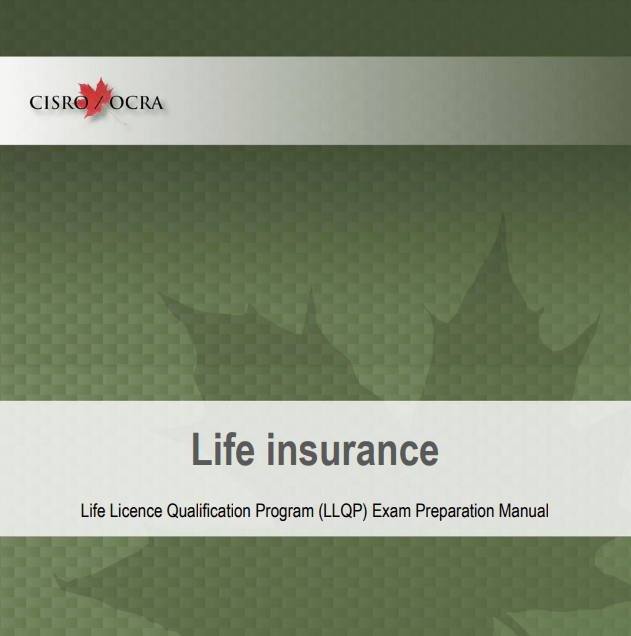
Standard Charge Terms Borrower Covenants
The Standard Charge Terms is a document that is created by the lender and must be registered with the Director of Titles under the Land Titles Act. Many lenders’ Standard Charge Terms can be viewed at https://www.teranetexpress.ca/content/tvuser/schedules/ereg_fidocs.html
This document is the mortgage contract. It contains detailed information on the lender’s and borrower’s obligations, referred to as covenants, as well as the remedies available to the lender if the borrower does not meet these obligations. A covenant is a promise to do or not do something. In a mortgage contract, both the mortgagee, who is the lender, and mortgagor, the borrower, have covenants that each must abide by.
It is vital to understand that the borrower, while at the lawyer’s signing the final documentation to register the mortgage, signs acceptance of the Standard Charge Terms. What many borrowers fail to realize is that they have Standard Charge Terms on their mortgage and that they outline the rights and responsibilities of the borrower. Contravention of the terms of this document is considered default and the lender can exercise its rights, which the borrower agrees to, that are found in this document.
Mortgage brokering in Ontario is regulated by the Financial Services Commission of Ontario (FSCO) and requires a license. To obtain a license you must first pass an accredited course. The Real Estate and Mortgage Institute of Canada Inc. (REMIC) is accredited by FSCO to provide the course. For more information please visit us at www.remic.ca/getlicensed or call us at 877-447-3642.
The following is a breakdown of the borrower’s covenants as listed in the Standard Charge Terms.
Borrower Covenants
When a borrower pledges his or her real property as security for a loan by placing a mortgage on that property, he or she has several obligations.
Repay the loan
The borrower agrees to repay the loan based on the payment schedule outlined in the contract. Failure to do so results in the borrower deemed to be in default or in contravention of the terms of the mortgage contract.
Insure the property
The borrower agrees to keep adequate property insurance on the property to protect the lender from losing his or her security due to a fire or other covered risks. If the borrower fails to keep insurance on their property, the lender will consider him or her in default.
Maintain the property
The borrower agrees to keep the property in good saleable condition including repairing any portion of the property that requires it. Failure to do so will result in the lender considering the borrower to be in default.
Not to commit waste
Waste is a legal term which includes actions or conduct that could result in damage to the property or a loss of property value. Committing waste will result in the lender considering the borrower to be in default. This may include significant renovations, such as the addition of another storey to the building. This is due to the fact that if the borrower runs out of money during the renovation and it remains incomplete, the value of the property will be diminished.
Pay Property Taxes
The borrower is required to pay his or her property taxes on time. If the borrower doesn’t the lender can pay those taxes, add them to the borrower’s mortgage and/or consider the borrower in default. This is because the Municipality can register a lien against the borrower’s property for unpaid taxes. This lien will take precedence over any other mortgages registered on title reducing the lender’s security.
Follow the terms of the Standard Charge Terms
The Standard Charge Terms is the document that makes up the bulk of the contract. It is vital to understand that the borrower, while at the lawyer’s signing the final documentation to register the mortgage signs acceptance of the Standard Charge Terms. This document details the rights and responsibilities of the borrower. Contravention of the terms of this document is considered default and the lender can exercise its rights, which the borrower agrees to, that are found in this document.
As you can see, there is more to a mortgage than just repaying the loan. Understand your obligations and you’re more likely to have an uneventful mortgage experience!
For information on what the lender agrees to, click here.











